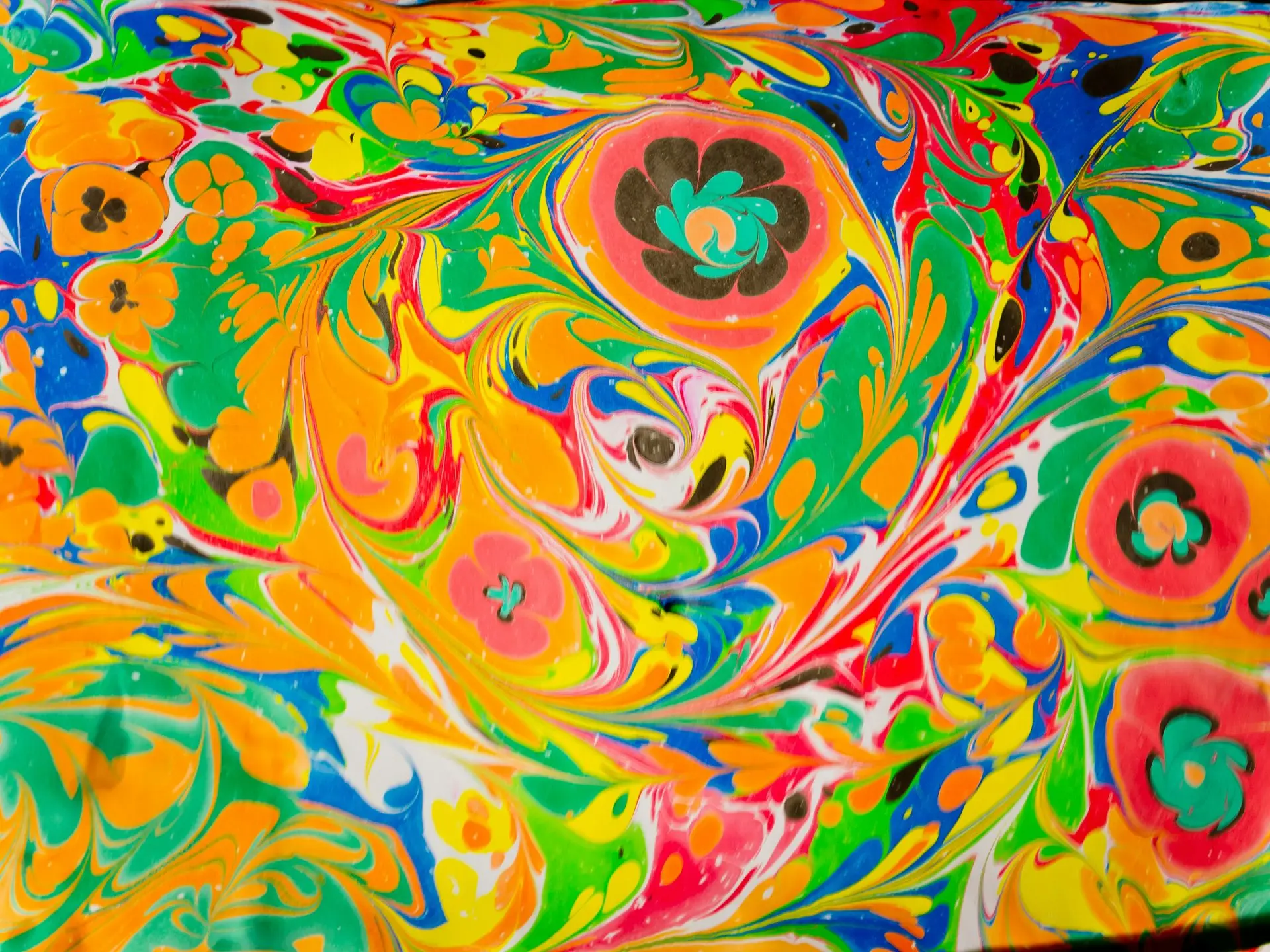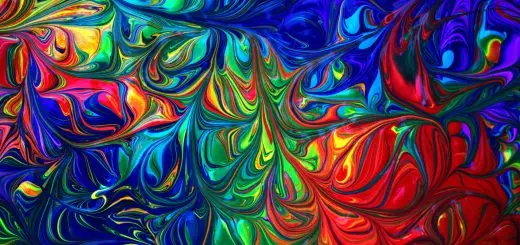Exploring the Mythology of New Orleans: Voodoo and Spirits

Looking for more amazing products? Check out our online store and explore our collection here! Happy shopping!
Before diving in, please note: This post is for informational purposes only. If you’d like to know more about how we approach topics, feel free to check out our friendly Disclaimer Page.
Hey there, amazing readers! 
We’re committed to delivering quality posts, and your support (even just sticking around despite the ads) means everything to us. So, bear with us, and thanks for helping us keep the good vibes rolling. Now, on to the fun stuff!
TRANSLATE BUTTON AT THE END OF THE ARTICLE
A Quick Overview
New Orleans is a city steeped in rich history and cultural traditions, with one of the most intriguing aspects being its association with Voodoo and spirits.
The practice of Voodoo in New Orleans has its roots in African and Haitian traditions, brought to the city by enslaved people during the colonial era.
This mystical and spiritual belief system has captivated visitors and locals alike, influencing everything from music and art to the city’s unique architectural landscape.
In this article, we will delve into the mythology of Voodoo in New Orleans, exploring its origins, rituals, famous figures, and its impact on the city’s culture.
The Origins of Voodoo in New Orleans
The roots of Voodoo in New Orleans can be traced back to the transatlantic slave trade, during which enslaved Africans brought their spiritual beliefs and practices with them to the city.
These beliefs eventually merged with the Catholicism of the French and Spanish colonizers, creating a unique blend of traditions that would come to be known as New Orleans Voodoo.
The practice of Voodoo in New Orleans was a way for enslaved people to retain their cultural identity and connect with their ancestral roots in a foreign land.
Influence of African and Haitian Traditions
The influence of African and Haitian traditions on Voodoo in New Orleans is profound, shaping the rituals, beliefs, and practices of the religion.
African slaves brought with them a rich spiritual heritage that included reverence for the ancestors, nature spirits, and the use of ritual objects such as charms and talismans.
Haitian Voodoo, with its emphasis on spirit possession, ancestor worship, and the veneration of spirits known as lwa, also played a significant role in shaping the practices of New Orleans Voodoo.
The Role of Spirits in Voodoo Practices
Central to Voodoo practices are the beliefs in spirits, including ancestral spirits, nature spirits, and the lwa, who serve as intermediaries between the physical and spiritual worlds.
These spirits are believed to influence the lives of practitioners, offering protection, guidance, and healing.
In Voodoo ceremonies, practitioners may invoke the spirits through song, dance, and offerings, seeking their assistance in matters of health, love, and fortune.
Famous Voodoo Queens of New Orleans
New Orleans is home to several famous Voodoo queens who have left a lasting impact on the city’s spiritual landscape.
Marie Laveau, known as the "Voodoo Queen of New Orleans," was a powerful and influential figure in the Voodoo community during the 19th century.
Her reputation for healing, divination, and spiritual work drew clients from all walks of life, including politicians, socialites, and even members of the Catholic Church.
Another prominent figure is Marie Laveau II, the daughter of the original Voodoo queen, who carried on her mother’s legacy and continued to practice Voodoo in the city.
Voodoo Rituals and Ceremonies
Voodoo rituals and ceremonies are an integral part of the practice, serving as a way to connect with the spirits, seek their aid, and honor the ancestors.
These rituals often involve music, dance, chanting, and the use of ritual objects such as candles, herbs, and charms.
In ceremonies known as "vodou gatherings," practitioners may engage in spirit possession, where they are believed to be inhabited by the lwa and deliver messages or blessings to the community.
Misconceptions vs. Reality of Voodoo
Despite its mystical allure, Voodoo is often misunderstood and misrepresented in popular culture.
Contrary to common misconceptions, Voodoo is not a dark or malevolent practice but a spiritual tradition rooted in reverence for nature, ancestors, and the divine.
Voodoo practitioners do not engage in harmful magic or curses but focus on healing, protection, and spiritual growth.
By dispelling these misconceptions, we can appreciate the beauty and complexity of Voodoo as a legitimate belief system.
Haunted Locations in the French Quarter
The French Quarter of New Orleans is known for its haunted history, with many buildings and landmarks believed to be inhabited by spirits and ghosts.
Places like the LaLaurie Mansion, St.
Louis Cemetery No. 1, and the Old Absinthe House are said to be haunted by restless souls seeking justice or closure.
Tourists and locals alike flock to the French Quarter to explore these haunted locations, hoping to catch a glimpse of the supernatural or experience a paranormal encounter.
Connection Between Voodoo and Jazz Music
The connection between Voodoo and jazz music runs deep in New Orleans, as both traditions share a common African heritage and emphasis on improvisation, rhythm, and spiritual expression.
Many jazz musicians, such as Jelly Roll Morton and Louis Armstrong, were known to have been influenced by Voodoo practices and beliefs, infusing their music with elements of spirituality and mysticism.
The rhythm and energy of Voodoo ceremonies can be felt in the pulsating beats of jazz music, creating a powerful and transcendent musical experience.
Voodoo in Contemporary New Orleans
In contemporary New Orleans, Voodoo continues to thrive as a spiritual practice and cultural tradition, with practitioners offering spiritual services, healing, and divination to the community.
Voodoo shops, readers, and healers can be found throughout the city, providing a connection to the spiritual roots of New Orleans and serving as a source of guidance and support for those seeking spiritual enlightenment.
While Voodoo has evolved over time, it remains an integral part of the city’s cultural fabric, connecting past traditions with present-day practices.
The Commercialization of Voodoo in the City
With the rise of tourism in New Orleans, there has been a commercialization of Voodoo, with shops, tours, and attractions catering to visitors seeking an authentic Voodoo experience.
While this commercialization has brought attention to the city’s spiritual traditions, it has also raised concerns about cultural appropriation and the exploitation of Voodoo for profit.
It is important for visitors and residents alike to approach Voodoo with respect and reverence, recognizing it as a sacred and deeply spiritual practice with a rich cultural history.
Preservation Efforts of Voodoo Traditions
Despite the challenges of commercialization and cultural appropriation, there are ongoing efforts in New Orleans to preserve and honor the traditions of Voodoo.
Organizations such as the New Orleans Historic Voodoo Museum and the Voodoo Spiritual Temple work to educate the public about the history and practices of Voodoo, offering tours, workshops, and cultural events to promote understanding and appreciation.
By supporting these preservation efforts, we can ensure that the legacy of Voodoo in New Orleans continues to thrive for generations to come.
Impact of Voodoo on New Orleans Culture
Voodoo has had a profound impact on the culture of New Orleans, influencing everything from music and art to architecture and cuisine.
The spiritual practices of Voodoo have infused the city with a sense of mystery and magic, shaping its identity as a place of spiritual pilgrimage and cultural diversity.
The influence of Voodoo can be seen in the vibrant colors of Mardi Gras costumes, the haunting melodies of jazz music, and the intricate ironwork of historic buildings.
By embracing and celebrating the traditions of Voodoo, New Orleans continues to honor its rich cultural heritage and spiritual legacy.
Conclusion
In conclusion, the mythology of Voodoo in New Orleans is a captivating and enduring aspect of the city’s cultural landscape.
From its origins in African and Haitian traditions to its influence on music, art, and spirituality, Voodoo has left an indelible mark on the soul of New Orleans.
By exploring the rituals, beliefs, and famous figures of Voodoo, we gain a deeper understanding of the spiritual traditions that have shaped the city’s identity.
As New Orleans continues to evolve and grow, it is essential to preserve and honor the legacy of Voodoo, ensuring that its magic and mystique endure for generations to come.

The Enlightenment Journey is a remarkable collection of writings authored by a distinguished group of experts in the fields of spirituality, new age, and esoteric knowledge.
This anthology features a diverse assembly of well-experienced authors who bring their profound insights and credible perspectives to the forefront.
Each contributor possesses a wealth of knowledge and wisdom, making them authorities in their respective domains.
Together, they offer readers a transformative journey into the realms of spiritual growth, self-discovery, and esoteric enlightenment.
The Enlightenment Journey is a testament to the collective expertise of these luminaries, providing readers with a rich tapestry of ideas and information to illuminate their spiritual path.
Our Diverse Expertise
While our primary focus is on spirituality and esotericism, we are equally passionate about exploring a wide range of other topics and niches 

To ensure we provide the most accurate and valuable insights, we collaborate with trusted experts in their respective domains 
Our blog originally focused on spirituality and metaphysics, but we’ve since expanded to cover a wide range of niches. Don’t worry—we continue to publish a lot of articles on spirituality! Frequently visit our blog to explore our diverse content and stay tuned for more insightful reads.
Hey there, amazing reader! 
Check out our store here and take a peek at some of our featured products below! Thanks for being awesome!















